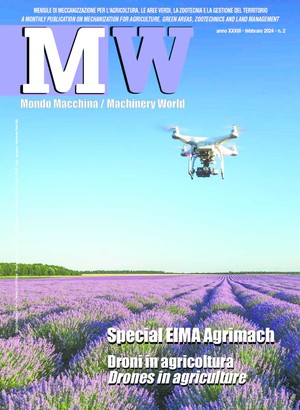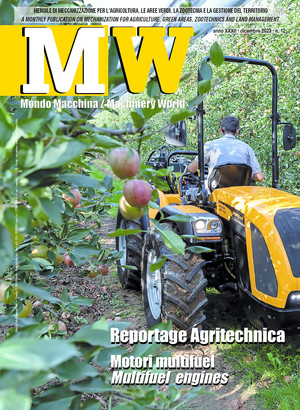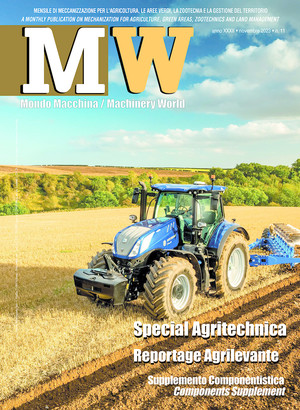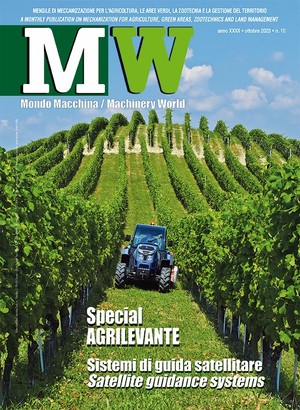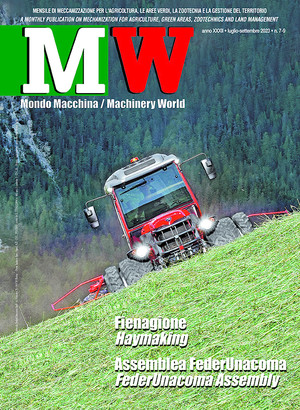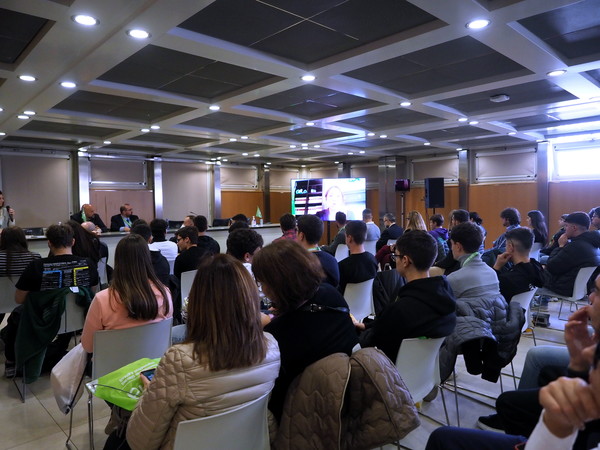
A pact with agricultural colleges for skills development
An agreement for the training of young entrepreneurs and workers in the sector between the network of agricultural colleges, FederUnacoma, Cia, Agia, and Agricoltura è Vita was signed at the agricultural machinery show
Promoting generational renewal, making the agricultural system more attractive, creating jobs in rural areas. These are the objectives for the agricultural sector set in Brussels with the Pact for Skills, a five-year plan for the development of workers' professional skills. In the wake of this programme, which promotes a culture of lifelong learning, monitoring of skills supply and demand, and gender equality in access to employment, a new agreement was signed in November during EIMA to support skills development. This agreement involves the sector’s industry, represented by FederUnacoma, the farmers united in the two associations Cia and Agia, the network of 'Senza Frontiere' agronomy technical institutes, which brings together 39 schools, and Cia's research and training body, Agricoltura è Vita (Agriculture and Life). There are many challenges facing operators in the supply chain, such as climate change, production sustainability, and making the farming world more attractive to young people. "The level of technological innovation we have achieved is very high," said Enrico Calentini, president of Agia, during the event, "but the innovation we are seeing in the fields, between drones and robots, must be governed. We cannot simply open the instruction booklet, we need a process of continuous training and updating. Also because with the new CAP we don't know what the market will be like in the coming years". The training activity planned for Italy is part of the vast European framework in which the agricultural system counts 11 million companies and 22 thousand cooperatives, for a total of 22 million workers, 51% of whom have an average level of education. These numbers represent the basis from which to imagine new training models designed for the farmers of the future, also enhancing the role of training organisations. "These bodies" explains Matteo Ansanelli, president of Agricoltura è Vita, "have played a decisive role in supporting farmers on their path to entrepreneurship".



